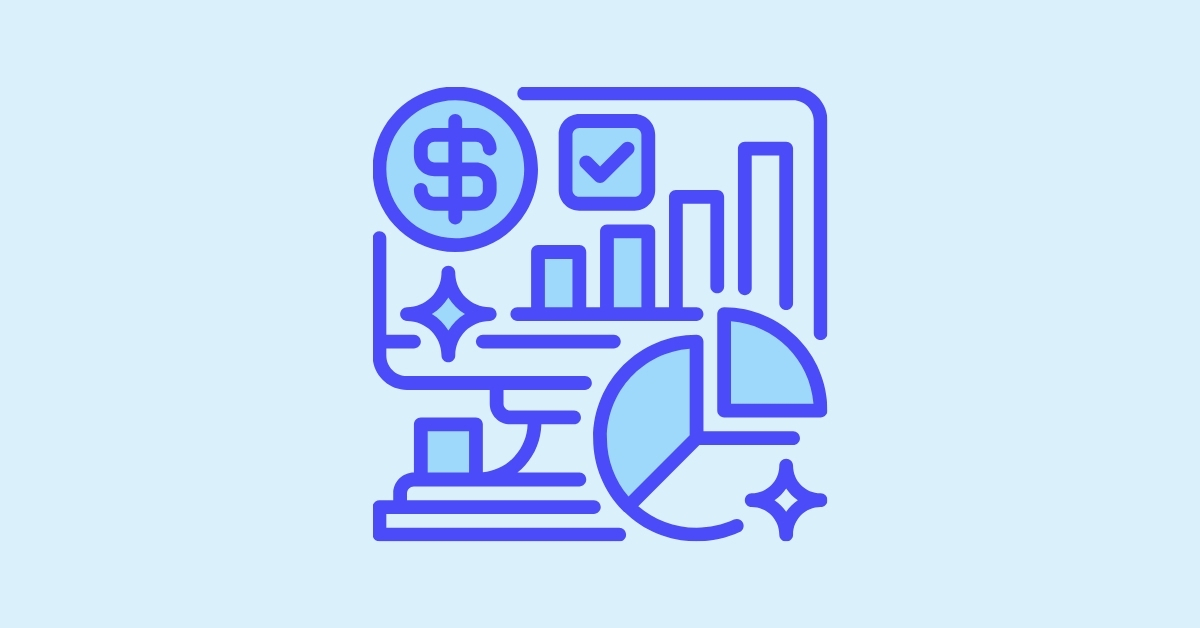Introduction
Open banking is revolutionizing the financial sector, offering customers more control over their financial data and enabling third-party providers to create innovative products and services. Through secure APIs (Application Programming Interfaces), financial institutions can share customer data with authorized third parties, provided the customer gives explicit consent. While open banking offers numerous benefits, it raises several ethical considerations about privacy, security, consent, and potential misuse of financial data. Here’s a closer look at the moral issues surrounding open banking data sharing and why they matter.
1. Data Privacy and Protection
One of the most pressing ethical concerns in open banking is data privacy. With increased personal and financial data sharing, sensitive information could be exposed or misused. Customers entrust banks and third-party providers with personal data, including account balances, transaction histories, and payment details. Ensuring this data remains protected and confidential is paramount.
Financial institutions and third-party providers must implement robust data encryption, secure authentication methods, and strict regulatory guidelines like the EU’s General Data Protection Regulation (GDPR). Ethically, all parties involved in open banking must maintain a strong commitment to customer privacy and provide transparent information about how the data will be used.
2. Informed Consent
Another key ethical consideration is informed consent. While open banking requires customers to give explicit consent for their data to be shared, it’s vital that customers fully understand what they are consenting to. Customers may not be fully aware of the extent of the data being shared, the third parties involved, or how their data will be used in the long term.
To address this, banks and third-party providers should offer clear, easy-to-understand explanations of how and why data will be shared, emphasizing the implications of consent. Ethical practices require businesses to ensure that customers are empowered to make informed decisions about their data and be free to withdraw consent without facing negative consequences.
3. Data Ownership and Control
In the open banking model, customers own their financial data. However, it’s essential to examine the ethical implications of this ownership. Does the customer have complete control over their data, or are they giving up rights by consenting to third-party access?
Ethically, businesses should respect customer ownership and allow customers to retain control over how their data is used. This includes offering clear options for revoking consent and limiting access to specific data types. Transparency about data usage and customer rights is crucial to maintaining trust in the system.
4. Misuse and Exploitation of Data
Another concern is the potential misuse and exploitation of shared data. While open banking can lead to better financial services, there’s the risk that some third-party providers might use financial data for targeted advertising, predatory lending, or discriminatory pricing.
To mitigate this risk, strict regulatory oversight is necessary to ensure that data is used for ethical purposes. Open banking providers should be held accountable for handling customer data, with penalties for misuse. Ethical companies should prioritize fair treatment, ensuring that data is used only to benefit the customer rather than to exploit them.
5. Financial Exclusion
A final ethical concern is the possibility of financial exclusion. While open banking can provide better access to financial services for some, others may face barriers. For example, individuals without access to technology or those unfamiliar with digital platforms may be excluded from the benefits of open banking.
To address this, financial institutions should strive to make open banking inclusive by offering accessible services to a wide range of consumers. Additionally, customer education and support systems should be implemented to help vulnerable groups navigate open banking systems without fear of being excluded.
Conclusion
Open banking can transform the financial industry, offering more choice, transparency, and innovation. However, as with any technological advancement, it comes with ethical challenges that need to be addressed. From ensuring data privacy to providing informed consent, respecting customer ownership of data, and preventing misuse, all stakeholders in the open banking ecosystem must act with integrity. Considering these ethical factors, we can create a more trustworthy and inclusive open banking environment that benefits consumers and businesses.
#OpenBanking #EthicalConsiderations #DataPrivacy #CustomerConsent #FinancialExclusion #DataSecurity #BankingEthics #Transparency #FinancialInnovation #CustomerTrust
Categories



